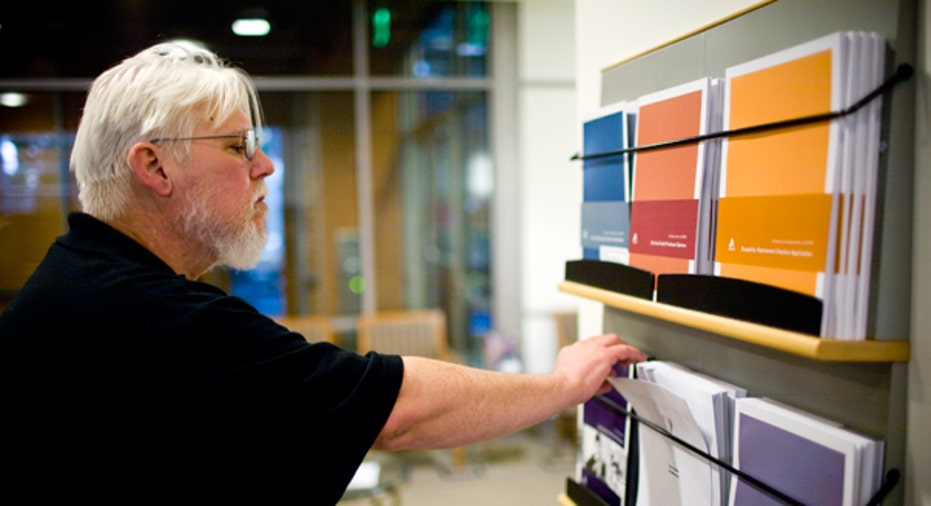Why Boomers Aren't Saving for Retirement

"The Boomer” is a column written for adults nearing retirement age and those already in their “golden years.” It will also promote reader interaction by posting e-mail responses and answering reader questions. E-mail your questions or topic ideas to thefoxboomer@gmail.com.
Here’s a scary statistic: About 49% of Americans say they aren't contributing to any retirement fund.
A new survey conducted by LIMRA, a trade association for the financial services industry, shows less than a third of Americans over age 50 worked with a financial professional to plan for retirement.
"The findings from this survey were disturbing, given that people will increasingly need to rely on their personal savings to make ends meet in retirement," says Matthew Drinkwater, associate managing director at LIMRA's retirement research division, in a statement.
Boomers need to take a more proactive role when it comes to their retirement and making sure they have adequate savings to cover their needs. Saving systematically can have a dramatic impact on boomers’ lifestyles after they leave the workforce.
The survey asked consumers what investment vehicles they were using to save for their retirement (when they were) and according to Drinkwater, only 45% of respondents in their 50s were contributing to a defined contribution plan, while 16% were contributing to a ROTH and 20% to a traditional IRA. Here’s the more-troubling stat: Drinkwater says a survey conducted earlier this year showed 29% of those 55 or older reported being confident they were saving enough money to last through retirement.
So what gives? If boomers aren’t saving for retirement because they don’t have enough funds leftover after covering daily expenses like food, housing, gas and putting kids through college, how do they feel like they will have enough savings for retirement? Well, many don’t plan to ever retire fully or will delay leaving the workforce.
“Although it may make sense to at least plan to work as long as you can,” says Drinkwater, “I don't think many people are going to be able to do that into their 70s and 80s. That is not really the solution. If you look at current retirees, a lot of them say that they retired earlier than expected.”
He cited a two-year old survey that showed 38% of respondents retired when they planned to, with 56% saying they retired earlier than anticipated. Of that 56%, close to half had to leave involuntarily. The mindset of “I don’t have to save as much because I plan to work longer” is risky.
“You may need to think again because you may be jeopardizing your retirement security because you may have to make those dollars last longer than you had planned for.”
Boomers also tend to underestimate how long they are going to live, which can dramatically impact financial spending, saving and planning.
The survey asked pre-retirees, people ages 55-70, on how long they planned to live in retirement, 63% said 20 years—the rest anticipated living longer. Drinkwater says this is another conflicting issue because if boomers leave the workforce earlier than expected, they should plan to live longer than 20 years in retirement.
“There is a mismatch here in terms of people’s expectations as to how long they are going to be living in retirement and the reality of how long they actually will be living in retirement,” he says. “This has major implications as to how much they need to have saved and how much they need to make those dollars stretch across that retirement period. “
Drinkwater acknowledges the tough economic climate makes it hard to save, but suggests working boomers have part of their paycheck put directly into an account or retirement fund to create automatic savings. “You wouldn't miss that money and you would learn to live within the take home pay that you receive. There are people who are struggling, but my thinking actually is that a lot of these people who say they are not saving, actually could be saving for retirement.”



















